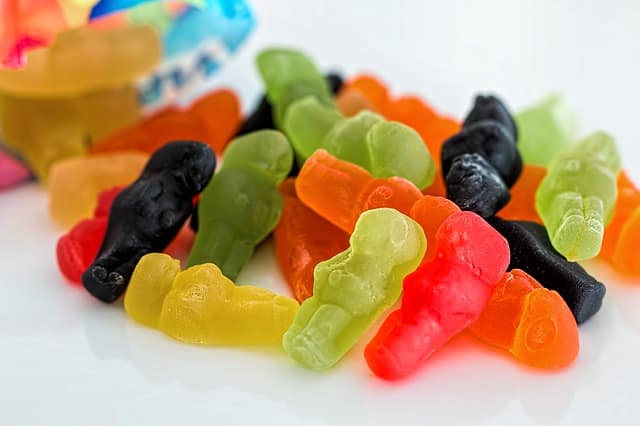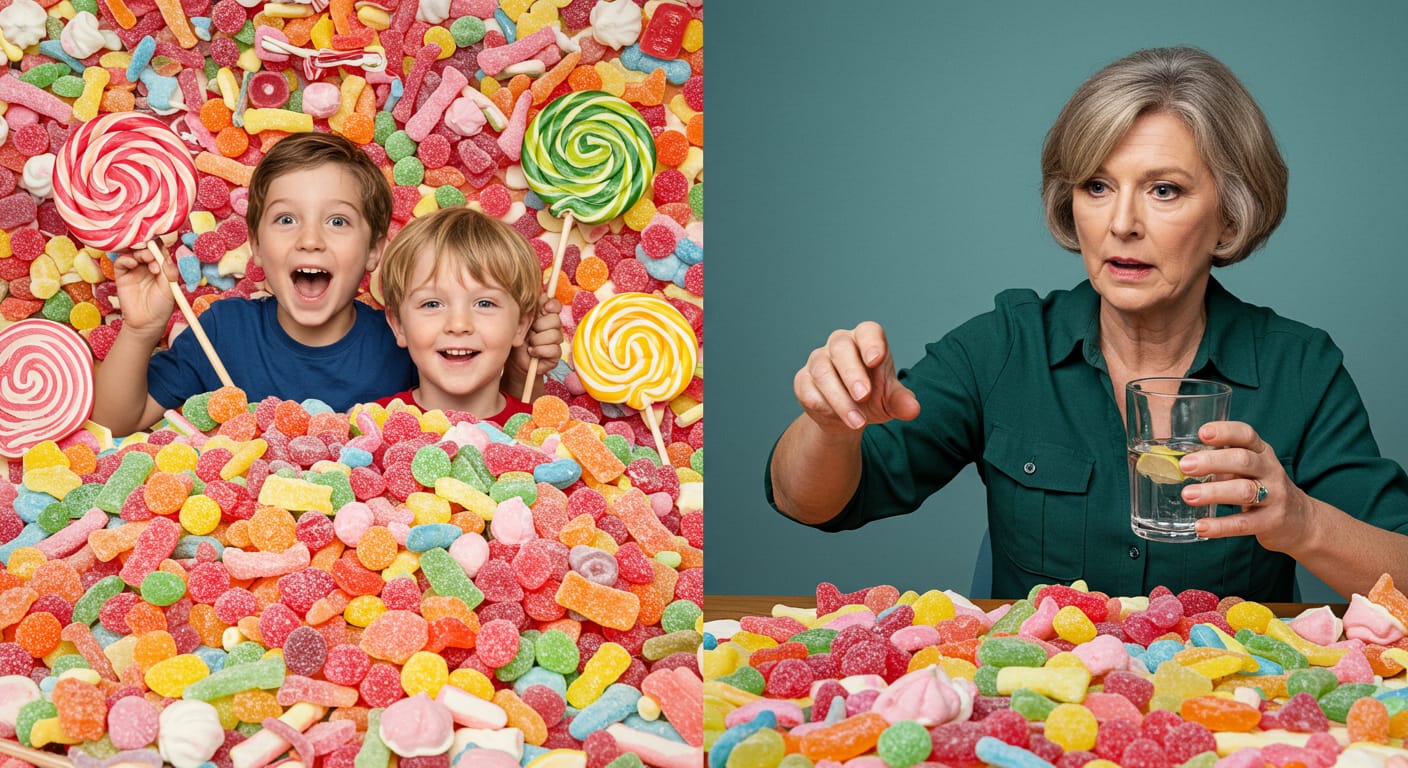Sugar Addiction Is Real
Many of us find delight in sweets… but what starts as a treat can quickly become a habit—even a dependency. For some, it goes beyond indulgence. Sugar can be as addictive as alcohol or drugs, yet it often gets overlooked or minimized.
Whether it’s a child’s daily craving for candy or an adult’s need for cakes and cookies, sugar addiction is a genuine struggle. Recognizing it as such is the first step toward healing.
Sugar and the Brain: A Powerful Link
Why do we feel so good after eating that chocolate bar or sugary drink?
Because sugar causes a glucose spike in the bloodstream, triggering a surge of energy and pleasure. But once that spike crashes, we feel drained—and reach for more.
This pattern can lead to dependence, just like a drug. Some people feel powerless without their daily dose of sweets. Others experience withdrawal symptoms—fatigue, irritability, headaches—similar to those seen in alcohol or drug addiction.
Habitual Behavior Begins Early
Children are especially vulnerable. When parents frequently reward good behavior with sugary treats, they unknowingly reinforce the habit. Over time, this develops into a routine that’s hard to break—and one that increases the risk of childhood obesity and long-term health issues.
Some teens even say they “can’t function” without sugar, proving that the addiction can become deeply rooted by adolescence.
How to Overcome Sugar Dependence
While it may sound easy to say “just avoid sweets,” breaking sugar addiction is not always simple or healthy. In fact, abrupt sugar withdrawal can trigger physical and emotional symptoms. That’s why it’s important to take a gradual and mindful approach:
✔️ 1. Reduce Consumption Gradually
Instead of going cold turkey, cut back slowly. If you’re used to having sweets every day, try limiting it to six days per week, then five, and so on.
✔️ 2. Replace with Natural Alternatives
Use natural fruits to satisfy cravings. Try a banana with peanut butter, or frozen grapes instead of candy. Natural sugars don’t trigger the same addiction cycle as processed sugars.
✔️ 3. Rethink Your Whole Diet
Processed foods are loaded with hidden sugars. Swap them out for fresh fruits, vegetables, whole grains, and lean proteins. The more nutritious your meals are, the less you’ll crave sugar.
✔️ 4. Educate Yourself
Take a cooking class or speak with a nutritionist. Learning how to prepare healthy, delicious meals makes it easier to ditch the sugar and enjoy balanced eating.
Why It Matters
Excessive sugar consumption can lead to:
-
Obesity
-
Type 2 Diabetes
-
Mood swings
-
Low energy
-
Long-term dependency
Sugar addiction is a real issue—not just a sweet tooth. It affects children, teens, and adults alike. Like alcoholism, it can have devastating consequences if left unchecked.
The Takeaway
Sugar is not just a treat—it can become a trap. Recognizing its addictive potential is crucial. Start small, stay informed, and make healthy swaps to break free from the cycle.
You don’t need to quit sweets completely—just take back control of what you consume.



I think it is a real addiction. It’s true the more fruits and vegetables that you eat, the more you will crave healthier foods. I have cut out a lot of processed foods and meat from my diet. Things that I use to LOVE and was unhealthy now make me sick just looking at them. Eat healthy and crave the healthy stuff! 🙂
Jennifer , I still cheat…. love sweets but I have started eating less this year. Thanks for your support.
Thank you for your thoughts. I totally agree. I just attended a workshop at Natural Grocers and they offer FREE cooking classes and consultations with nutritionists. May not be able to do all they recommend but every little bit helps.
Mae, Glad you like post.